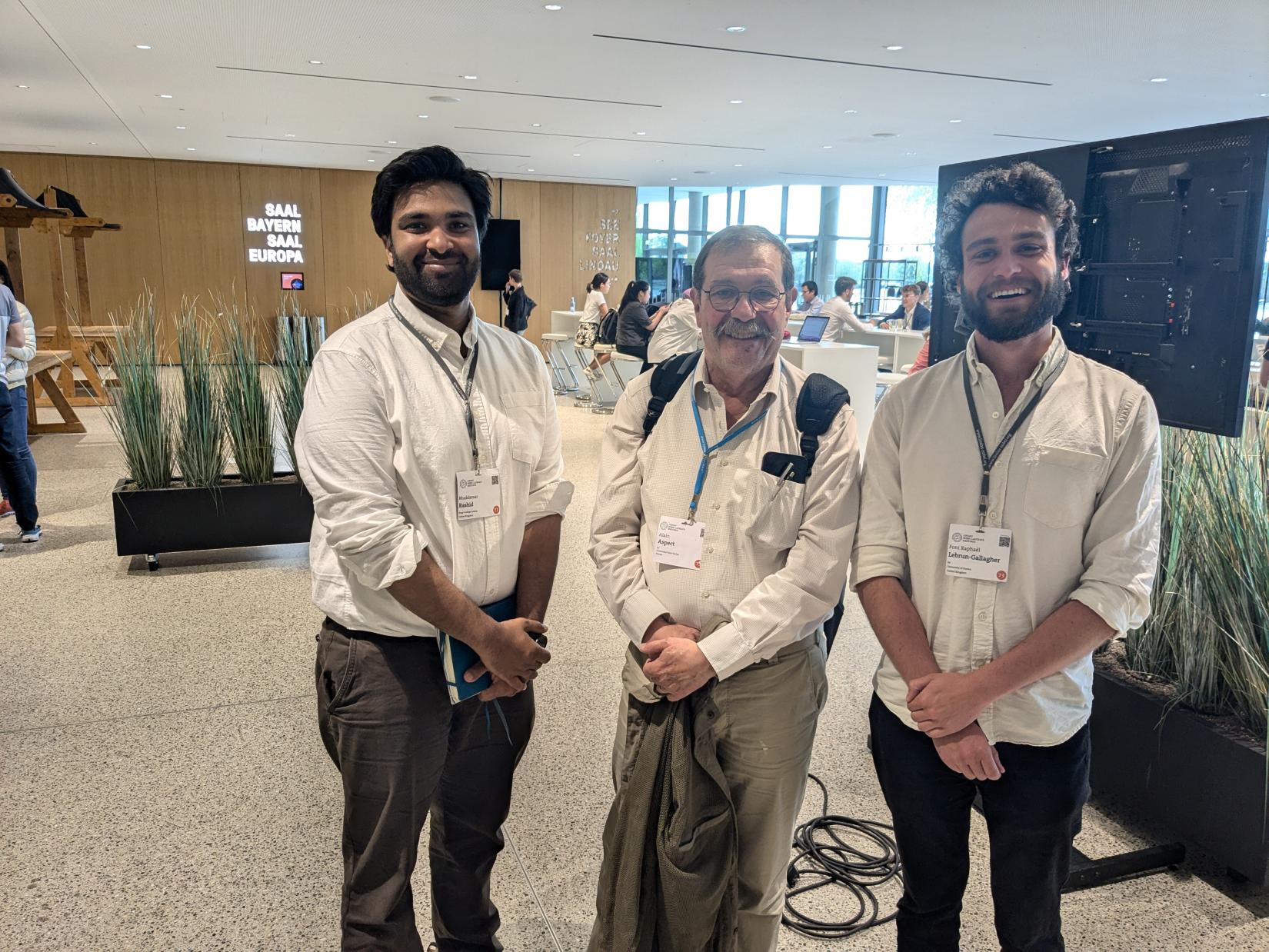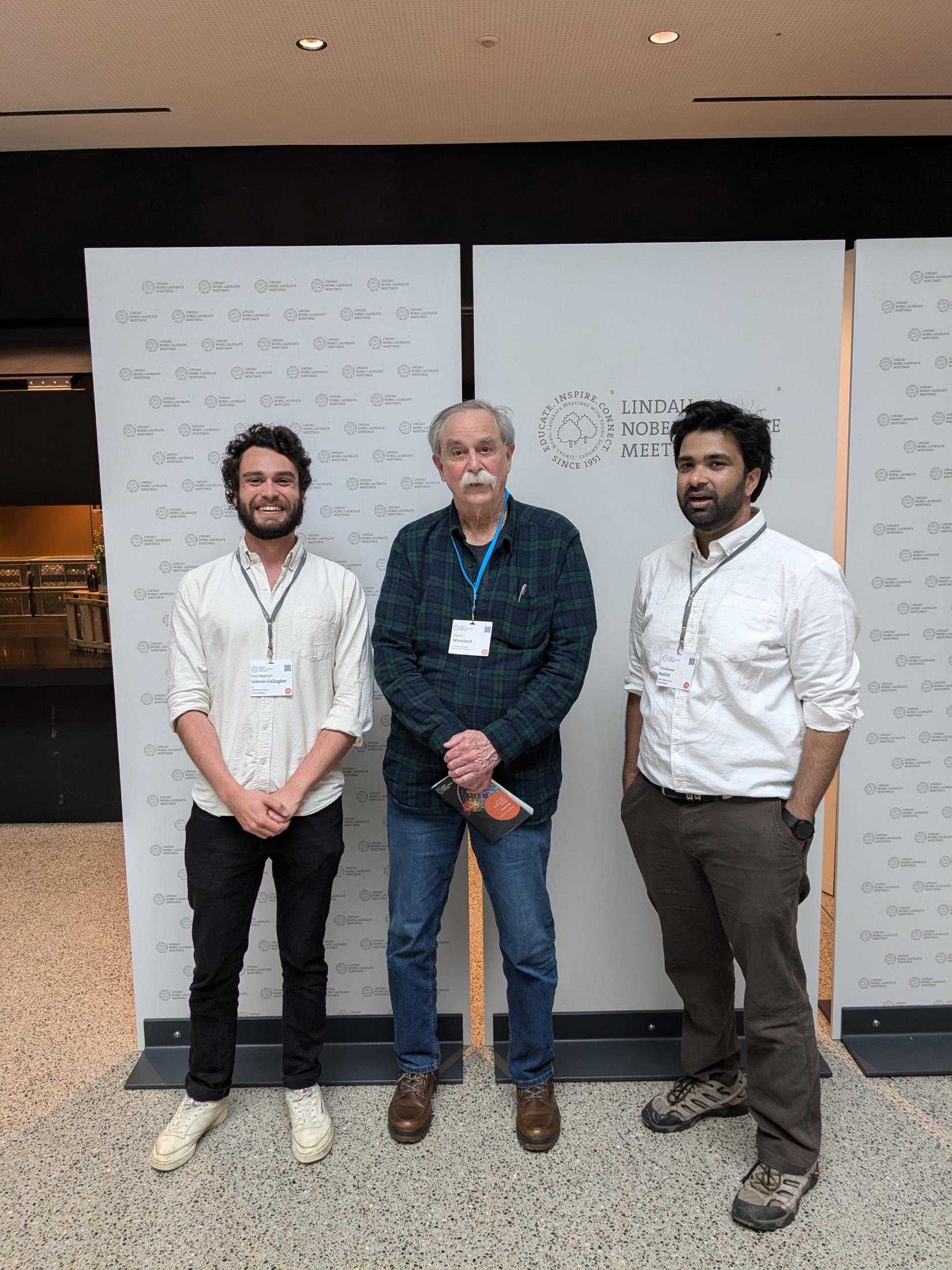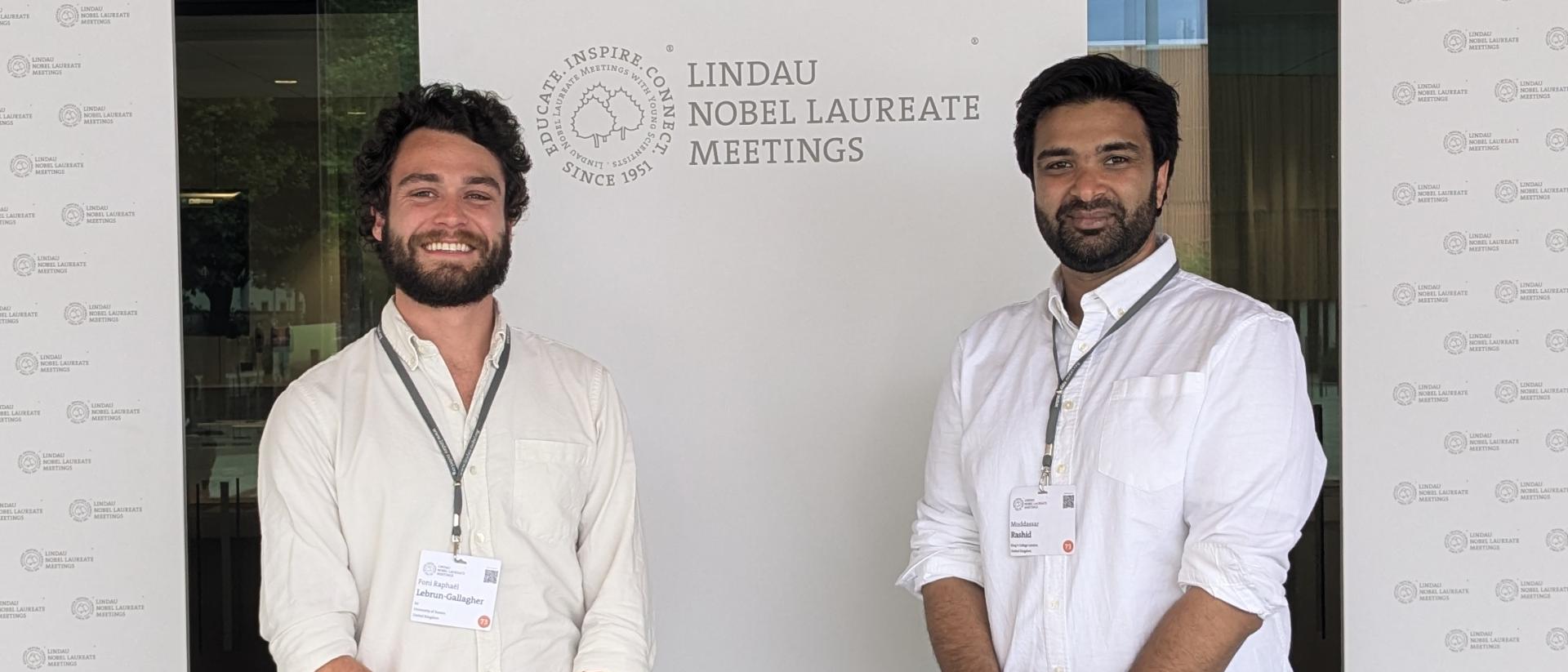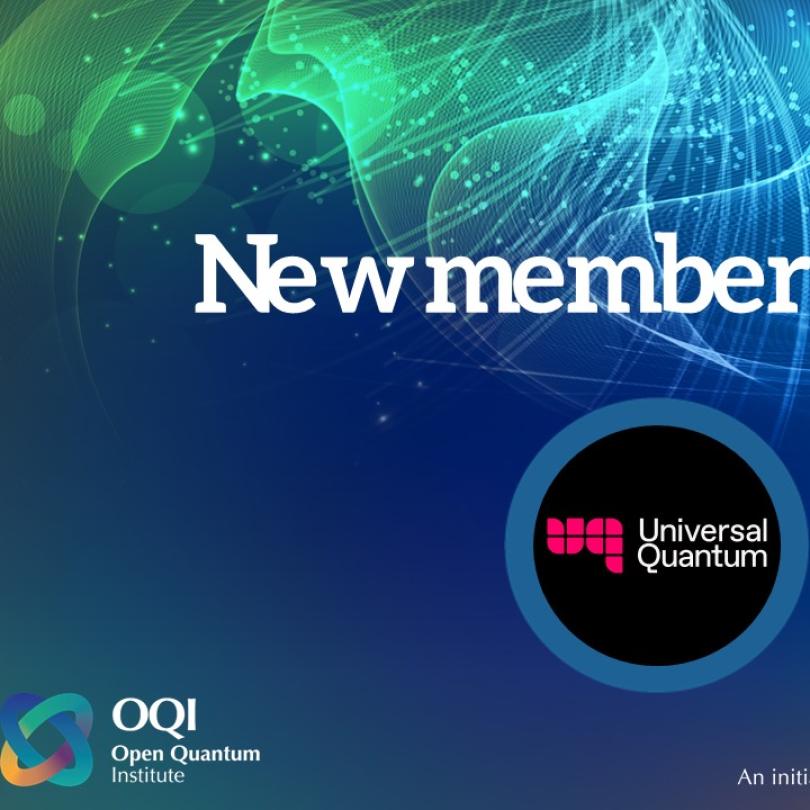UQ’s Foni Raphaël Lebrun-Gallagher and Muddassar Rashid were both selected to attend the prestigious 73rd Lindau Nobel Laureate Meeting. The meeting took place from June 30th to July 5th in Lindau, Germany, where more than 30 Nobel Prize winners were joined by 650 outstanding undergraduate students, postgraduate students, and post-docs under the age of 35.
Established in 1951 to foster exchange among different generations, scientific disciplines, and cultures, the Lindau Nobel Laureate Meetings bring together some of the brightest minds in science, creating a unique forum for collaboration, inspiration, and the exchange of groundbreaking ideas.
The theme of the meetings alternates between the three Nobel Prize scientific disciplines: physics, chemistry, and physiology/medicine. This year, the meeting was dedicated to physics, focusing on three key themes:
- Quantum Physics and Quantum Technologies
- Physics-based Solutions to the Energy Challenge
- Artificial Intelligence in Physics


Both Raphael and Muddassar are diligently working on UQ’s mission to pioneer scalable trapped ion quantum computers, poised to revolutionise multiple industries. With breakthrough technologies like UQConnect, enabling world-record quantum connections between chips, and UQLogic, offering robust and scalable qubit control, UQ is paving the way to utility-scale quantum systems.
Commenting on his selection, Raphael said: "I am extremely grateful and nothing short of thrilled to have been selected to participate in this event. With one of this year's key themes focusing on quantum technologies, it really is an extraordinary opportunity to hear from the figures that have inspired me throughout my career. I cannot wait to connect with other young researchers to share perspectives on our common passion and learn from their brilliant work, which will undoubtedly help shape tomorrow's society."
Raphael and Muddassar were especially excited about meeting and taking photos with Nobel Laureates David Wineland and Alain Aspect - both huge stars in the field of trapped ions and quantum computing.
Find out more about UQ's technology here.




